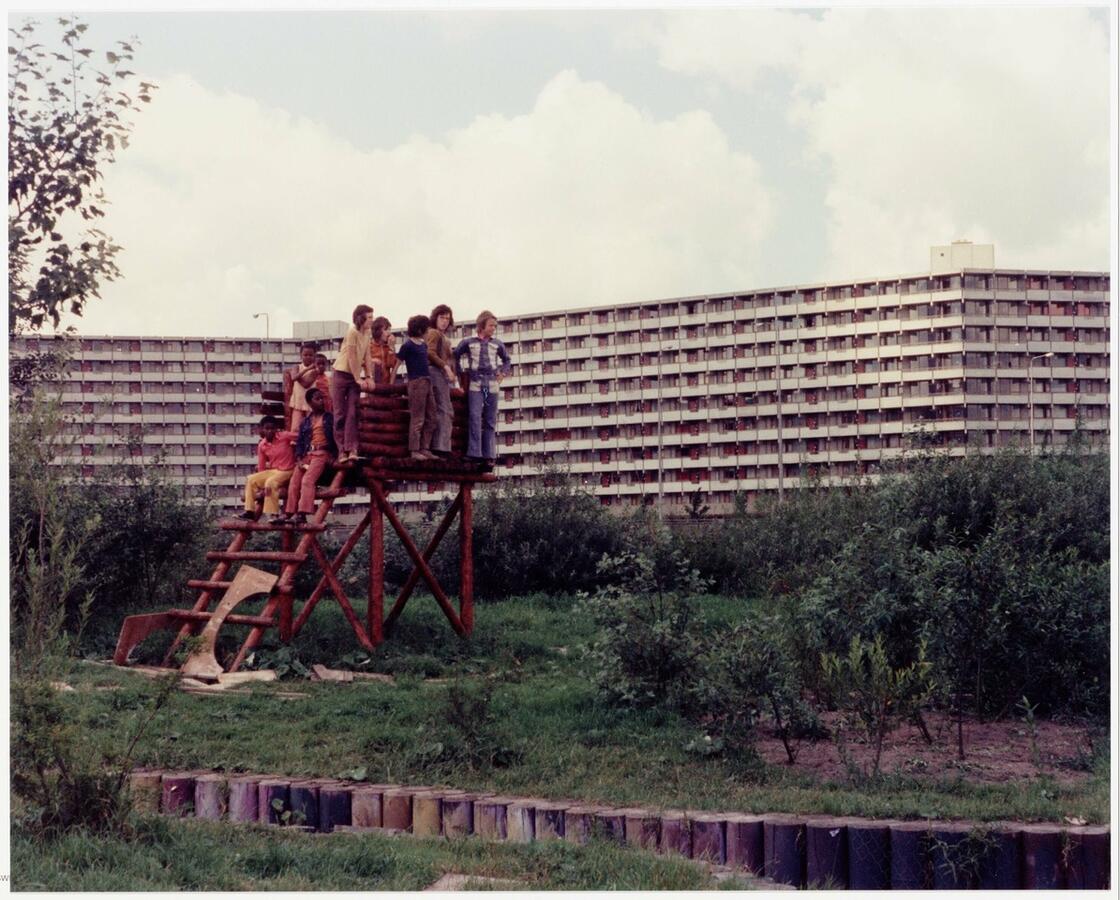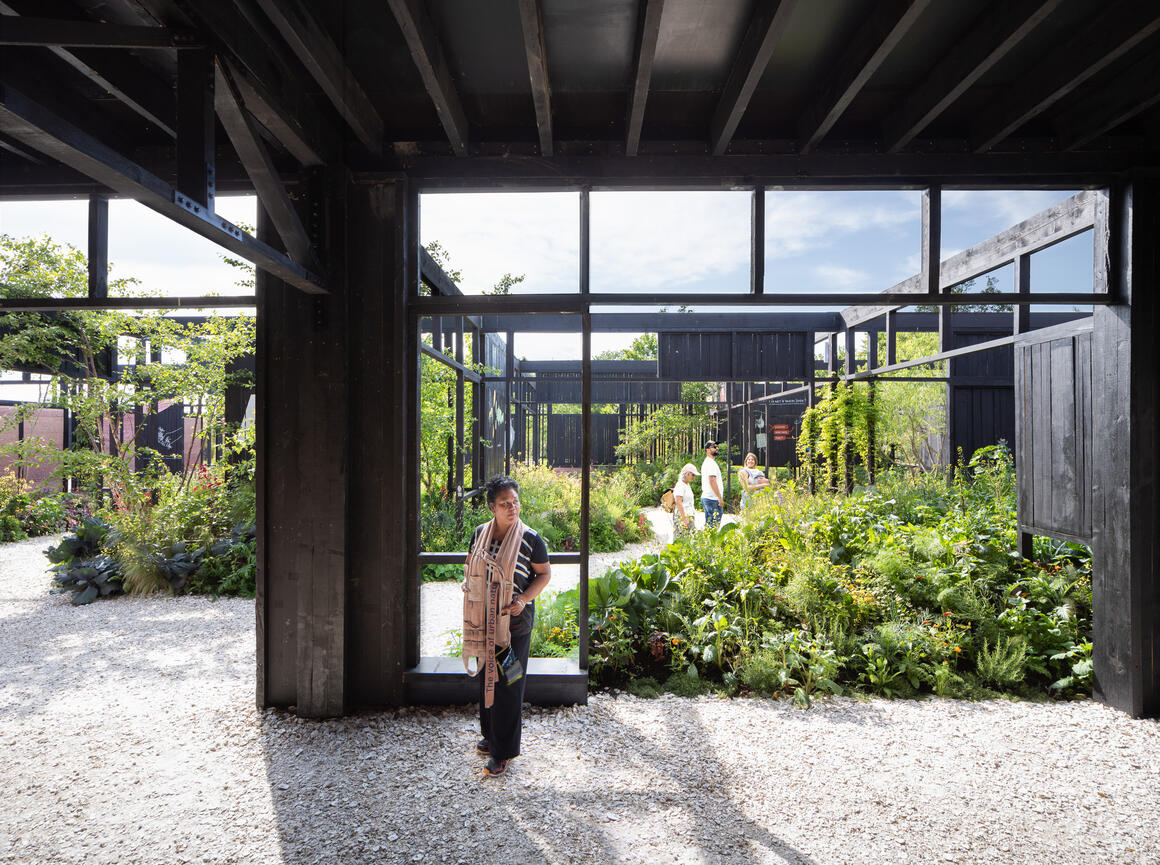Joost Emmerik & Nathanaëlle Baës-Cantillon
Landscape architecture on Thursdays

© H. Panhuysen | Amsterdam Archives
This year, Landscape architecture on Thursdays, a series of talks co-organised by CIVA and the La Cambre Horta Faculty of Architecture, kicks off with a Conversation between two international practitioner-researchers, Joost Emmerik (NL) and Nathanaëlle Baës-Cantillon (FR & BE).
Discussions based on landscape architecture projects highlight the ‘arts of making’ in response to the pressing environmental and societal challenges. These intersecting gazes between practice and research shed light onto the disciplinary culture of landscape architecture in our neighbouring countries, highlighting its singularities, but also some resonances.
This conference takes place at the Architecture Faculty La Cambre Horta - Auditoire Victor Bourgeois
BOOK HERE
Joost Emmerik is a landscape architect. A practitioner and researcher based in Rotterdam, he focuses on the design of public spaces and gardens on the basis of radical inclusion. He works on various research projects and publications, the common thread being the relationship between humans and more-than-humans. He directs the Master's programme in landscape architecture at the Academy of Architecture in Amsterdam, and is a visiting professor at the Technical University of Delft and at the Academy of Architecture in Rotterdam.
Nathanaëlle Baës-Cantillon is an architect, landscape architect, researcher and teacher. She has built up a diverse professional career through experience in London, Berlin and Brussels. In 2013, she co-founded the office grue, based in Paris and Brussels. Situated at the intersection of practice and research, she explores how landscape architecture, as a mediating discipline, can reshape our relationship with living systems.
